- Reaction to latest novel.by Stuart Pereira
Reaction to Dove That Grew Talons
I received this reaction to my latest novel The Dove That Grew Talons, from a dear friend in Australia. A most humbling experience while at the same time being greatly rewarding. I feel that I have, for one reader at least, achieved what I set out to do. She has kindly consented to my sharing this here.
Thank You Carole.
McLaren Vale, Feb 2024
Hi Stu,
If only I lived closer, I’d definitely love to meet up & chat about your Dove. But I can’t do that, so I’m putting finger to keyboard in the hopes that I express my thoughts effectively. Difficult to do as a ‘monologue’, when a dialogue would be preferable.
I don’t want to come across as ‘gushy’, so to preface my thoughts, full disclosure:
- I rarely read fiction these days; I prefer non-fiction. My most recent reads were:
Colditz by Ben Macintyre, which led to MI9 by Helen Fry; then The Nine, by Gwen Strauss. As you can see, coincidentally these were a very good factual introduction to your novel.
- I have never been a writer, but in a recent past life I worked as a proof reader and
editor of professional journal articles, and of several publications in the Translating and Interpreting field in which I was working.
So: I had enjoyed your writing in the Skelter series – you are a masterful storyteller, Stu. And I looked forward to reading Dove. I was initially surprised by the length of the book. The following is not a professional analysis, but some of my thoughts, the sort of thoughts I’d share in my bookclub.
I was initially surprised by the length of the book, but from Page 1 I was hooked, for reasons I’ll outline below. This was not simply a work of fiction that I picked up to fill in a break between more serious reading. This story and its characters are fully engaging and authentic. Never a dull moment! I just cannot fathom how you put it all together with such attention to sometimes very esoteric detail.
The PLOT progresses so well – balancing the intertwining life stories of Bryn and Maddie, and their love for each other. You sustained enough mystery to keep one guessing, and tied up the threads at the end. How did you juggle all those balls?
The CHARACTERS are well-developed, believable, and of their time. Your dialogue captures their voices beautifully: I can hear them speak. (Who would you cast to play them in the film version?) The minor characters too are well drawn and believable.
The SETTINGS – of course I recognise the Welsh valley settings, love the refs to local landmarks, Castell Coch etc. But you also capture the atmosphere of the other settings. I won’t go into detail, but even your description of Nantes checks out (I lived there for a year in 1966!), as does eg the bike-ride distance to the Canal ferry! Pinpoint research!
The NARRATIVE flows exceptionally well – I like a linear progression! – I can hear you telling the story, as if the words were flowing seamlessly – although I’m sure that was not always the case. The story reads very easily, but you have packed so much specific, interesting information into it that parts of it read like non-fiction. And as I reader I like to learn, and I certainly did learn from this story; was never bored.
Additionally, the PACE of the narrative fitted perfectly the activity: your action scenes are fast-paced, heart-stoppingly so in some parts; this pace contrasts so well with the quieter scenes, and particularly with Bryn’s and Maddie’s letters. I thought this an excellent device for moving the narrative forward, the reader being in on the ‘secrets’ kept by the protagonists.
Your DESCRIPTIONS are great – you ‘show don’t tell’: the actions of the characters set a scene (eg the cigarettes; clouds of smoke; the yellow stained fingers etc etc). You don’t ever overdo the descriptions, but I could absolutely visualise each setting. You obviously had a clear image yourself of each scene, which you successfully conveyed to your audience. As for your knowledge of the appearance and function of the boats, planes of the era: encyclopaedic? Plus the accurate little details eg the grey Percheron; the Calvados – how did you know that?? And the Army & local slang of the time adding colour to the dialogue.
I know that many details came from your own experience – but you must have done exhaustive RESEARCH into the period: the historical events and organisations (SOE, Resistance exfiltrations, etc etc) in order to sustain the narrative in a believable way. I would have loved to see even a short list of your references, or acknowledgements.
As you can see, I have thought a very great deal about this, and the thoughts above simply summarise my impressions. I assume that part or all of the creative process was shared with other authors in your writing group? You said you loved writing it, and it shows. How long did it actually take?
I feel that your book deserves a greater audience, that can only be achieved by having it published and promoted. I think Welsh readers in particular would relish reading this; the appetite for WW2 novels never seems to diminish. This story is greatly superior to much of the plodding rubbish that is available, and it deserves a wider readership. And pride of place at the front of Waterstone’s window! And I do think it would translate perfectly to a film, or tv series. On the other hand, you may be happy to write, to self-publish, and then move on to the next project.
So now, and I write this as your friend, I add a few suggestions, made while acknowledging that not all readers are as eagle eyed and critical as I am; and understanding that expenses are involved:
There are some inconsistencies in punctuation and spelling, which tend to slip through however careful we are. A Proof Reader will identify these.
A couple of times (eg in chapters 25, 26) letters between Bryn and Maddie have been repeated in full; I wondered at first if this was deliberate, but I think not. An Editor will pick up slips like this.
Finally, the local French teacher would cast an eye over the French phrases and correct the spelling where necessary.
Your friend (and avid reader),
Carole
- Research can be funby Stuart Pereira
With a population of around 25,500 lying at the southern tip of the Florida Keys, the island of Key West covers 5.6 square miles and lies 90 miles as the pelican flies, from Havana, Cuba. It enjoys a warm sunny climate all year round. The quintessential party town, Key West performs the neat trick of being the most laid back place on the planet and the richest source of characters I have ever encountered. The bizarre and unusual is everywhere, every hour of every day.
At the end of William Street alongside the clear warm waters of the Gulf of Mexico, lies my favourite watering hole, The Schooner Wharf Bar. I cannot count the hours spent on my visits, over decades spent sitting at the bar in the open air, people watching, scribbling notes in my notebook or more often on the backs of coasters. Who says research has to be a grind? Not me.
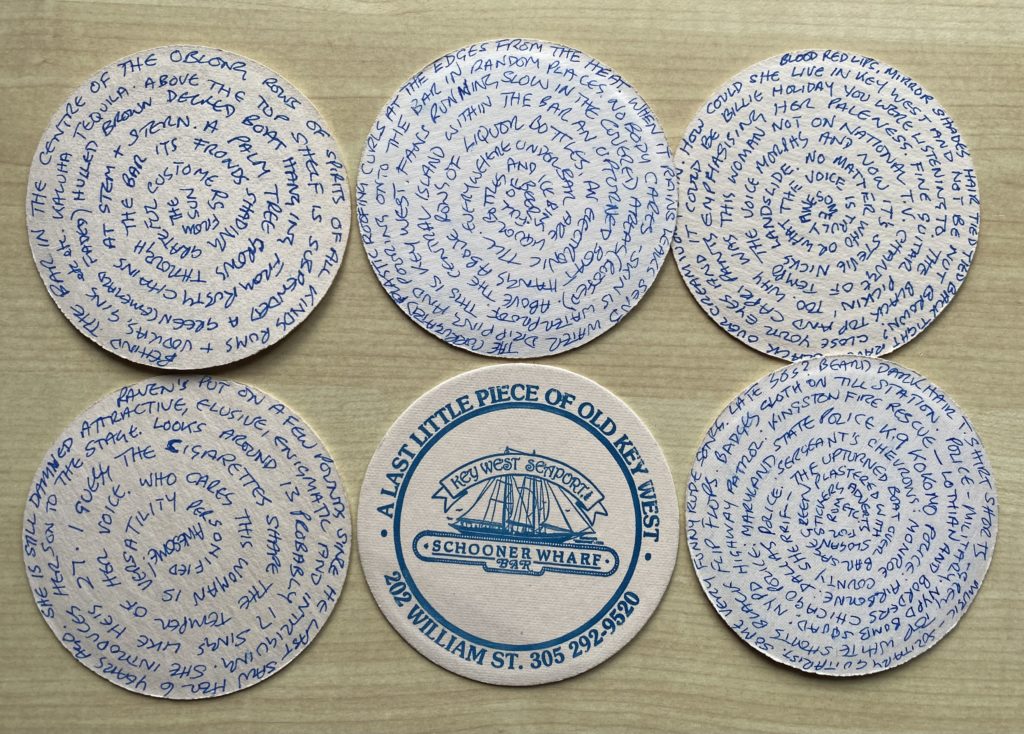
The bartenders are all characters, from places across the USA, from Montana to New York, hardworking, friendly and damn good at their job. Much respect to them all. Live music is performed daily by incredibly talented musicians, much to the delight of the clientele who form the rich vein of crazy characters just begging to be mined.

Working hard on character research in the Schooner Wharf Bar.
Imagine sitting sipping a Margarita when an old guy turns up on a bicycle with a basket on the front, standing in which is a Jack Russell wearing a bandanna and sunglasses. Perched upon the man’s shoulder, a large very talkative red and yellow parrot. Ten minutes pass and a gang of pirates walk in complete with cutlasses, and eyepatches, a diverse bunch of men and women demanding donations for a local charity at flintlock pistol point.
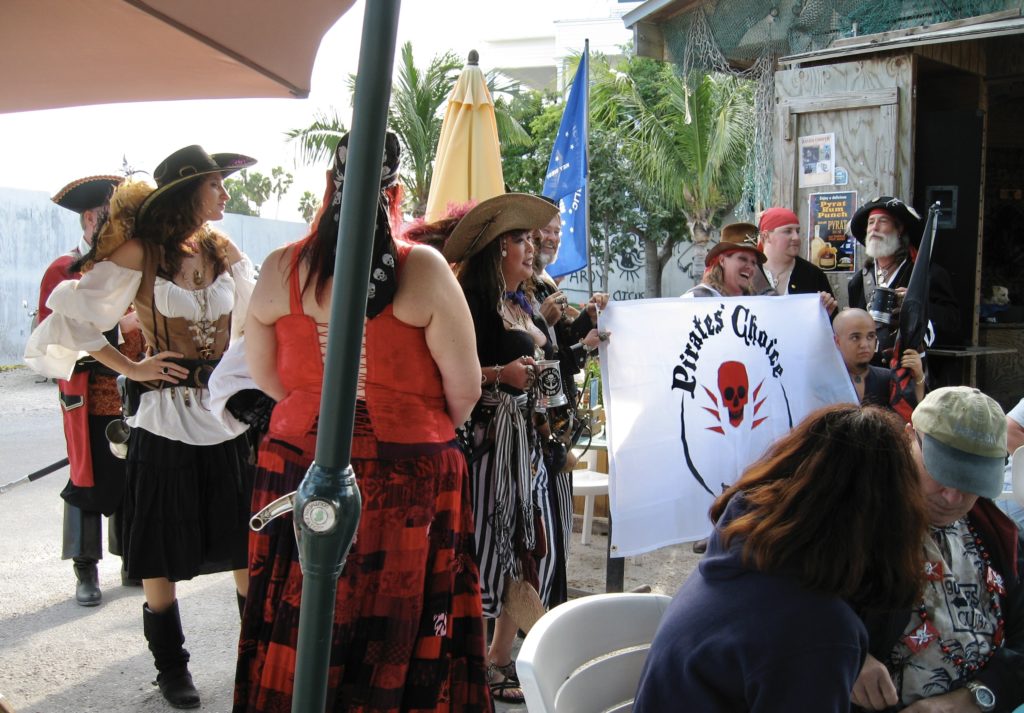
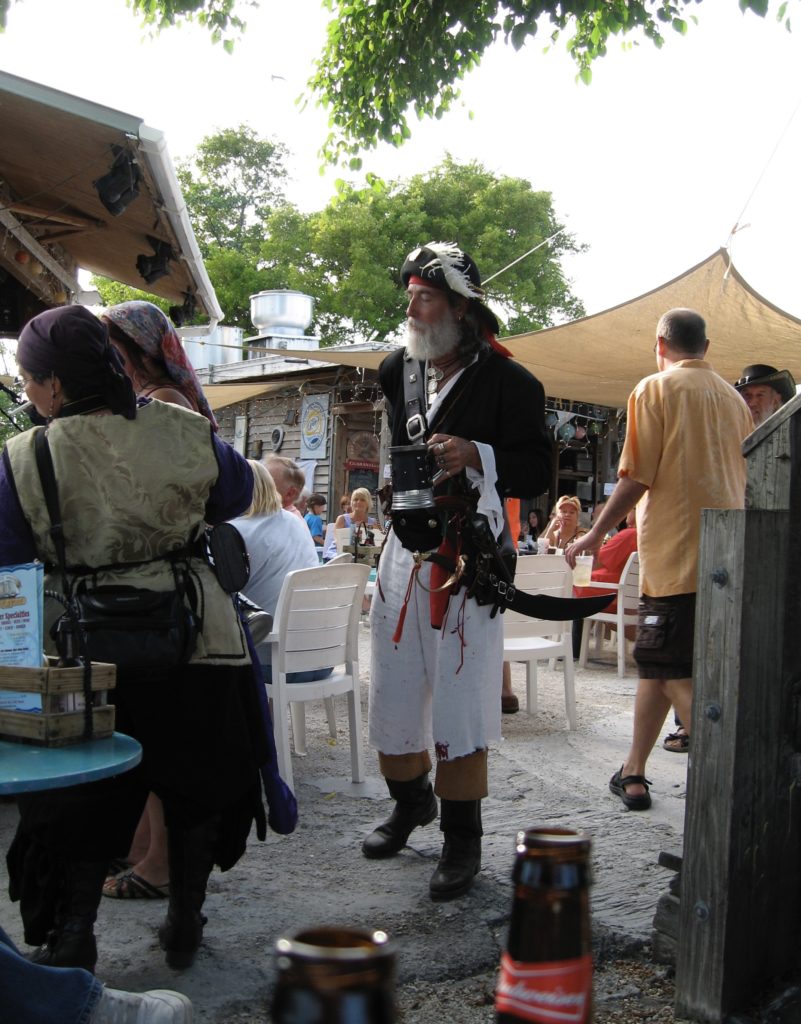
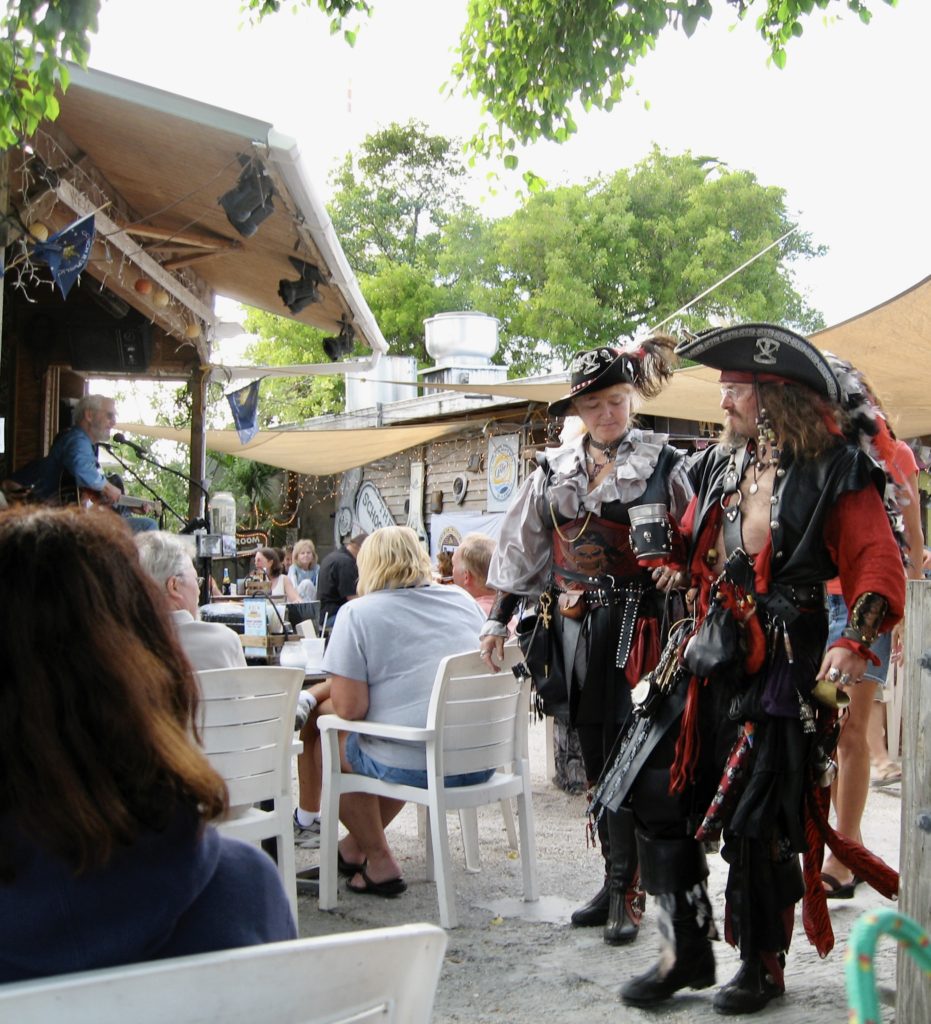


You could not make it up. No wonder the island has long been a magnet for artists and writers the likes of Ernest Hemingway who’s former house is now a museum exhibiting Hemingway memorabilia.
Listening to guitarist Michael McCloud finger pick his way through a comprehensive repertoire, a singing voice mellowed by years of cigarette smoke and later joining the punters to be astounded by the skill of resident magician Frank Everhart’s close up illusions are experiences I shall treasure always. Trying to capture the atmosphere of the place on the printed page is a challenge but at the same time a pleasure.
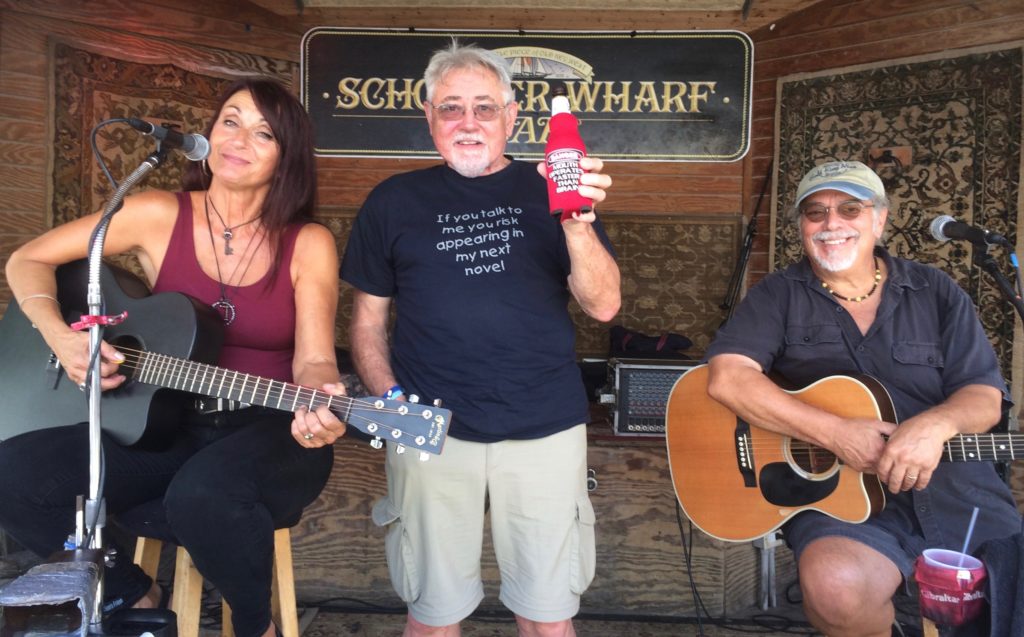
- Reviewby Stuart Pereira
Review

1st review of The Dove That Grew Talons, my latest novel. 5 stars.
Well just finished you latest book and I enjoyed it thoroughly. I’d forgotten what an old sentimentalist you are, almost had me in tears ( but not quite ).
A really good book Stu, well done buddy.
Young Larcombe

- (no title)by Stuart Pereira
Where do I get my ideas ?
I get asked this question more times than any other in relation to my writing. The answer is from life, often personal experience, sometimes incidents that happen to friends and comrades, or observations made in the world around me. I listen and observe and soak up any titbits like a sponge, then ask myself what if?
To give an example, my short story Time and Tide was inspired by a mishap I had while showing my young grand daughter how to catch crabs in a rockpool. I slipped on a seaweed covered rock causing my foot to plunge into a hidden crevice. I managed to free my ankle in a little less than a minute, but for a brief moment it gave me a scare as I realised that if it had got stuck then the consequences might well have been serious, especially if the beach had been deserted.
Time and Tide. won 1st prize in a world wide competition, and has been broadcast on BBC Radio along with 4 of my other stories Click this link to listen: Time and Tide.
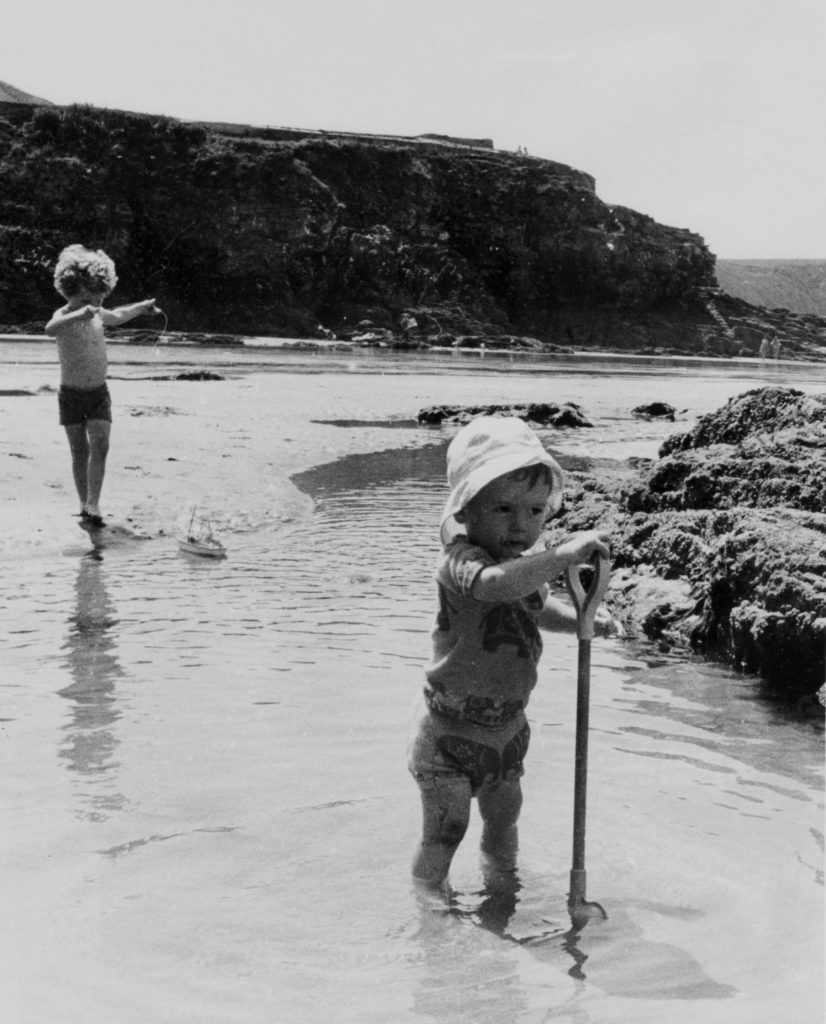
Writing short stories, is I believe, far more challenging and difficult than writing a novel. To fit the full beginning, middle and crucially deliver a truly satisfying ending in a 2 to 3 pages takes some doing, but it does teach the writer to make every word count and to ditch those not driving the story.
- The Great Outdoorsby Stuart Pereira
I grew up in the northern suburbs of Cardiff, a large city and major seaport. Despite this I spent most of my young days deep in the countryside. After breakfast I would walk the two and a half miles to the top of the Wenalt, a bracken clad hill backed by extensive woodlands which stretched for miles. From its summit on a fine day I could see clear across the Bristol Channel to England. My days were spent tree climbing, tickling trout in the stream and catching grass snakes, slow worms and lizards. Immersing myself in the environment I discovered a great deal about the natural world through observation, soaking up information like a sponge and then reading voraciously to learn more.
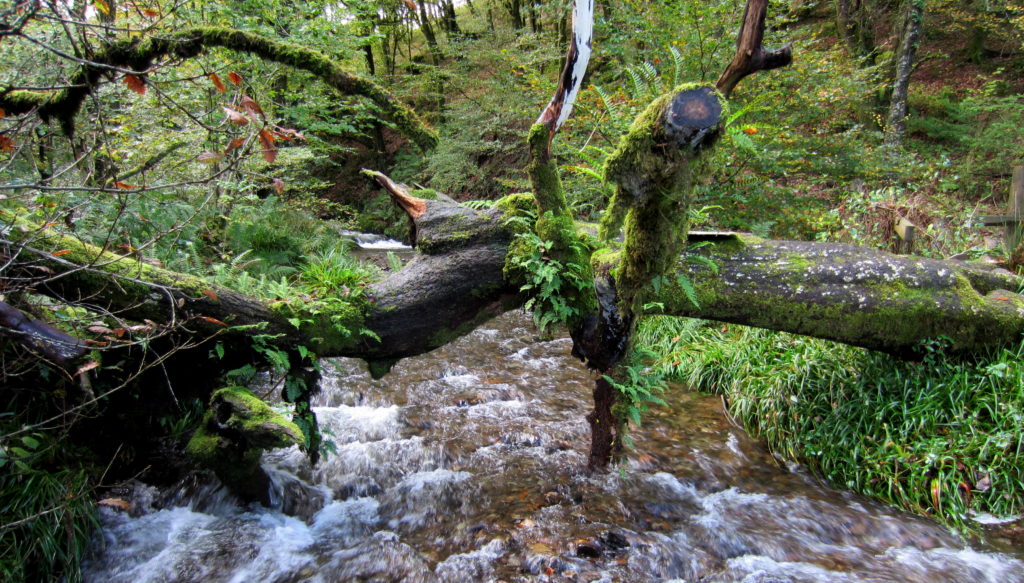
To my shame I also collected birds eggs as a very young boy and developed a feel for finding well camouflaged nests, something which helped me when it came to constructing my own dens in the woods. I did not realise at the time that I was building a skills set I would apply in my later career as a soldier, as seen in the photograph below.
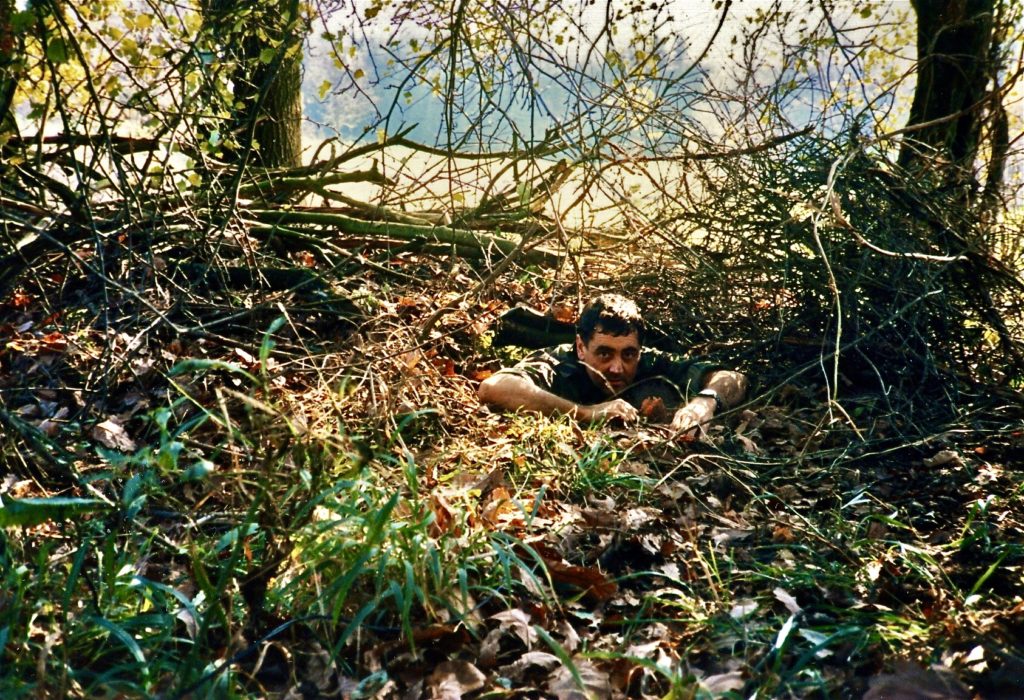
Emerging from a hide at the edge of a forest on a NATO exercise. 1980s.
To say I was fortunate is a huge understatement. I enjoyed a freedom that many young kids today may never experience. Was life much simpler in those days as I believe or is my nostalgia somewhat rose tinted, what do you think?
Stuart Pereira 22/08/2023

